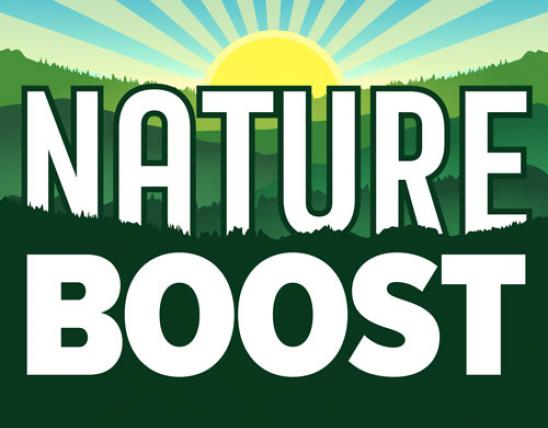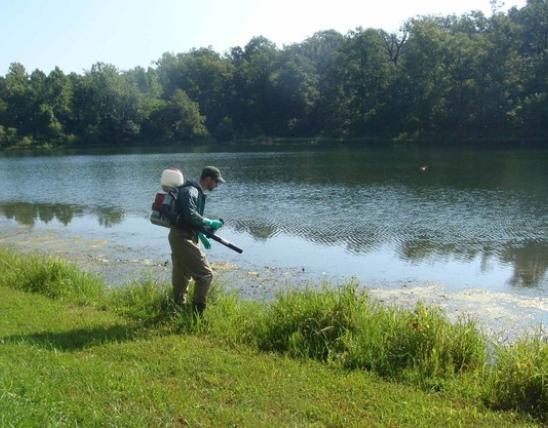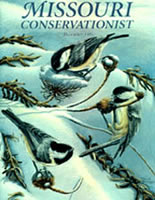People keep trying to tell me that hunting, in this day and age, doesn't make much sense. Maybe; maybe not. I only know that some kind of inner voice tells me that I had better not forget how to hunt my food, should push come to shove.Who worries about sense, anyway? When I retired I bought a jumping mule so that I could continue to coon hunt at night and not be so exhausted I couldn't keep my eyes open the next day. Most people who have tried either mules or hounds or coon hunting would agree that none of this is sensible.
But the song of hounds on a fall night and the stars blinking bright over crisp woods, where the big owls toll the hours and hills roll on forever, is too much to give up just because you have a few years on you. So from late summer until deep winter we would follow the hounds as best we could.
Truth is, the raccoon was the least part of the equation; we just needed him to lay the miles of fuse that led to the explosions of hounds under some somber old tree. Coon hunting is all sound, drawn over maps you keep in your mind.
I remember when my mule, old "Banjo," came to a stop just as we were cutting to the chase one dark night in late summer. He reversed himself like a ferret turning in his own hide to bite your finger.
"Whoa!" I shouted, but Banjo had gone beyond "whoa" and was headed the other direction when I figured it out. Seems the mule ahead of us had stepped squarely in a yellow jacket's nest and had headed our way with several hundred boarders. Banjo knew "Whoa!" didn't cover that situation.
Half a mile later, down at the creek, where we could get mud to patch up our hides, both mule and human, my friend said, "You know, it looks like at least one of us would have instinct to give this up."
So much for sense. Fur trappers know what I mean. The trapper never lived who trapped only for the fur he could sell. You have to accept the staggering work of it, the wet feet and killing miles in every kind of weather invented, in order to trap. You have to want to be outdoors at any price.
I remember helping an old man skin a beaver, back when limited beaver trapping was first allowed. It was his first beaver and old Nathan was trying to separate meat from hide with a skinning knife, and neither one of us knew that nature puts these things together, on a beaver, with super glue. (Experts use a needle under the hide and the air pump down at the filling station.)
Old Nate stopped to sharpen his knife for the hundredth time and regarded the sloppy, meat-streaked hide by the light of a gas lantern.
"A man who would do this for a livin'," he said wryly, "had ort to be bored for the simples. I purely hate it."
"Then why do you do it?" I asked.
"Why, it's what I do!" he said, amazed.
That was interesting to think about. Lots of us are locked to the woods with bonds we can't explain. We just have a plain, old-fashioned urge to be where wild things happen.
What sort of excuses can a person make up for wanting to hunt deer? The cost is phenomenal. A man called me one time to come give him an opinion on a gun he had bought for deer hunting. (After the fact is a poor time for opinions, anyway.) He was an old man with failing sight and he had ordered a .270 in some exotic make, with a telescopic sight.
The rifle was custom-fitted and had hand checkering on the stock and a sling and a case. The whole package likely cost more than my Jeep.
He sat down and rested the gun on his knees and touched off a shot at a stump for me. The muzzle blast balled up the leaves for 20 feet and the recoil turned the old man over neat as a terrapin. He had to be helped up, surprised and deaf, to see if he'd hit anything.
"Hoo-boy!" he said rubbing his shoulder proudly, "did you ever hear sich a racket as that?"
The rifle had made the old man a kid again, and that should be reward enough for any kind of sport.
Crazy Ralph is a good example of what drives people to hunt. "Crazy Ralph" was a hunter-proof old gobbler whose purpose in living so long was to teach turkey hunters some humility. Ralph was not the crazy one, of course.
Every morning of the spring season, while the woods were still blacker than the inside of an owl, Crazy Ralph would begin gobbling loud and steady, drowning out whippoorwills and other creatures of the night.
He roosted in a new place every night, but his locations were always surrounded by terrain impossible to move across in the dark, a mixture of rocks and brush and blackberry thickets and steepnesses familiar only to ticks and copperheads - and him.
Lots of hunters tried to get Crazy Ralph. A noiseless stalk wasn't really necessary, because Ralph answered every sound: car doors slamming, owls, distant cows and roosters and even the sound of a man tripping over a tangle in the dark and saying "Dag-nab-it!"
At the first faint intimation of light, when an anxious hunter would be close enough to hear Ralph make the chuffing sound of the strut, Ralph's work was done. With a crash of wingbeats designed to cause cardiac arrest, Ralph would explode from the other side of a giant pine and setting his wings, sail to some distant open ground a half-mile away.
I have to own up to the fact that my wife and I were as guilty as anyone. My wife would say, "Do you want to hunt turkeys this morning or chase Crazy Ralph?"
Crazy Ralph was simply an exercise in frustration. I always imagined him, like the sheepdog of the cartoon, punching his timeclock after one of these episodes.
Which bring us to "Old Smokey," a buck deer of roughly my present age in deer terms, which means that you couldn't have a steak from old Smokey anymore than you could eat a piece of saw belting.
The deer was a local legend. Huge and compact, like his antlers, he showed up every deer season, appearing like a smokey illusion at a deer stand wherever the youngest or greenest of the hunters had been placed to watch.
My first meeting with Old Smokey came when, as a young man and a new deer hunter, I was guarding the head of a likely crossing.
The big deer appeared like a magic trick on the opposite hillside. I never doubted he was the Smokey of deer camp stories.
He stood, solid and burly as a church, staring down the hollow a second, and then swung his grey, ancient head with its blunt rack toward me. He stood long enough to let me shoot once, ka-blam! over his back, and then was simply not there anymore to shoot at.
The sound of the shot brought all of my hunting companions, who took turns looking at Smokey's tracks, at my slug-gash in a tree and at me, and what one of them didn't think to say about ignorance and bad marksmanship, another did.
If being sensible had anything to do with hunting, that of course would be the end of the story.
Instead, I decided that whatever time and effort it took, I would be the one to hunt that old deer down.
I spent part of every day after that deer, neglecting my family and my job and my sleep, to study everything he did. I bet I walked 200 miles crisscrossing the woods to find his tracks or get him out of bed or have him snort at me before daylight.
I finally puzzled out, after a snow, what Smokey's main trick was: when I would jump him in some windless thicket, he would make a showy leap and dash off, his great flag waving like a sail. But he would sometimes go less than 100 feet, enough to take him out of sight behind a hill and then he would turn and tiptoe in a circle and get behind me, with the wind in his favor.
I hold in warm memory the day I got Old Smokey. I came up behind him in a creek bed and when he ran, I took a guess and went slinking up a side hollow, and made my own long half-circle back. I stopped behind a little rise and peered over.
In 30 minutes, here he came, picking his way as silently as a bobcat, to stand looking for me up the creek. He was patience itself. And then, very slowly and carefully, Smokey swung his grizzled head and looked my way. He saw me. He saw my rifle. He saw, you might say, the total picture.
"Boo!" I said.
You have never seen anything like it in all your put-togethers. It was worth every penny and every reproachful look, every rain-soaked weary hour that Smokey had cost me. That deer shrunk together like a slinky and bolted out of that creek bottom like a mustang out of a chute, the snow levitating behind him.
I could hear his clattering hooves climbing the hill and I knew that this time he wasn't going just 100 feet, or 100 yards to play peekaboo. This deer was hunting a different area code.
It's plain that hunting doesn't make sense on any level you'd send a kid off to college to learn. It's a matter of challenge and instinct and daily whims. It's woodsmoke and fall leaves and distant hounds and birds exploding under your feet.
Hunting is having a wild turkey take your breath away and watching a coon hit the creek like a freight train ahead of the dogs. It's seeing a surprised deer coming up out of leaves with a "whuuuufff" and watching ducks turn and cup their wings to your call.
And come to think of it, hunting also has something to do with the great aroma of biscuits and squirrel gravy or venison stew. Such things usually make the most sense of all.
And More...
This Issue's Staff
Assistant Editor - Tom Cwynar
Managing Editor - Jim Auckley
Art Director - Dickson Stauffer
Artist - Dave Besenger
Artist - Mark Raithel
Composition - Kevin Binkley
Photographer - Jim Rathert
Photographer - Paul Childress
Staff Writer - Joan McKee
Staff Writer - Charlotte Overby
Composition - Libby Bode Block
Circulation - Bertha Bainer






















